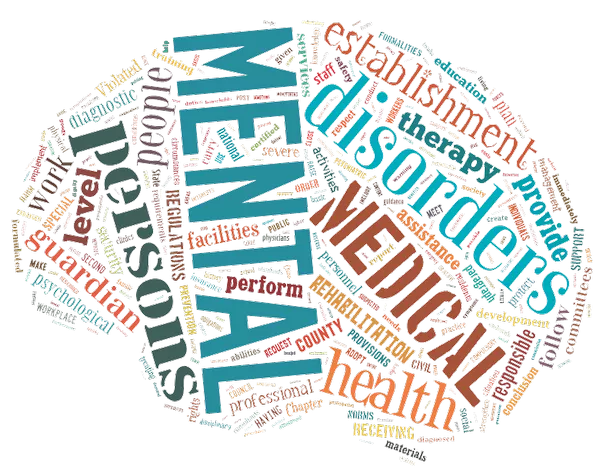LAHAINA, Maui – More than two months after a fierce wildfire ravaged their community in West Maui, survivors are still haunted by the trauma. The wildfire claimed the lives of at least 97 people and left a profound impact on residents who endured the flames.
Residents describe persistent anguish, making it challenging to eat, sleep, or even get out of bed. Nightmares and flashbacks triggered by everyday sounds, such as fire engine sirens or gusts of wind, are common. The heavy emotional toll is known as “kaumaha,” a term used by Native Hawaiians.
The official reopening of West Maui to tourists this month coincides with what locals and health care professionals are calling an unprecedented mental health crisis. People are grappling with despair and crushing grief, placing immense strain on an already overwhelmed behavioral health system.
John Oliver, overseeing mental health services for the Hawaii Department of Health on Maui, notes a significant increase in individuals seeking counseling and trauma support. He expects this number to grow further as people can focus more on their mental health after securing housing and fulfilling their basic needs.
Debbie Scott, a social worker and trauma therapist on Maui, has observed an uptick in dark and suicidal thoughts, as well as a sense of passivity among residents. The loss of homes, pets, and belongings, along with the destruction of land, has left many feeling empty.
The wildfires have exacerbated existing generational trauma among Native Hawaiians. The loss of land, with its deep cultural significance, has been particularly devastating. In Hawaiian tradition, humans (“kanaka”) and the land (“ʻāina”) are considered one entity.
The mental health crisis has strained the system meant to address it. While resources exist, they are not sufficient, and there is a lack of practitioners with a deep understanding of Native Hawaiian culture.
Despite the challenges, many survivors have found ways to cope with their grief, drawing strength from music, local traditions, and the support of their communities. The ocean, for some, remains a source of trauma, but for others, it offers a space for healing.
Local leaders are working to expand the availability of mental health practitioners, and the state government has made efforts to make resources more accessible to those in need. Native Hawaiians particularly value finding therapists who understand their culture and history, which has led to a scarcity of Native Hawaiian therapists on the island.
While anger and frustration are common emotions among survivors, some are choosing to focus on the future, as they have experienced loss and tragedy before. Denley Ompoy, who lost family members and homes in the fire, remains hopeful and emphasizes the importance of resilience and community support during challenging times.


